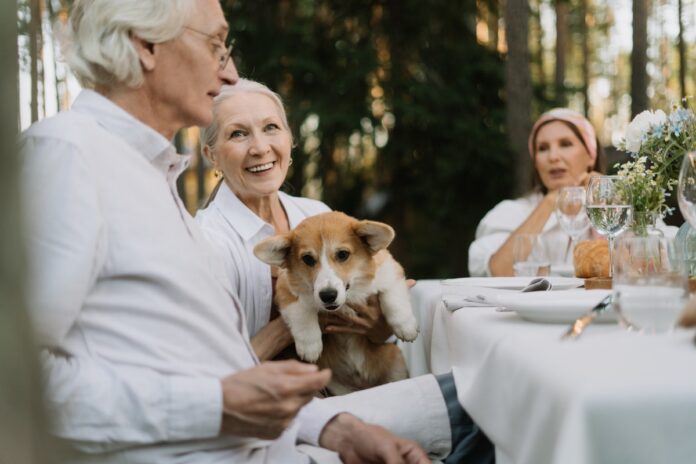Owning a pet remains an amazing experience for most people since they have a companion and a creature they can love. However, animals pass away of old age, so you need to understand the signs associated with the end of their lives. That way, you can care for your pet and make them happy during their last days.
Moving Around Less Than Before
Pets usually like to move around, go outside and participate in activities. For example, dogs like to go on walks, cats like to climb objects and birds will fly around. However, your pet may start to slow down and not perform as much movement as it did before.
For example, your pet may not want to participate in previous activities, so they end up laying around. Usually, pets get excited to do what they like, so make sure you watch your pet if they stop their usual physical or everyday activities.
Showing Signs of Sickness or Pain
Sometimes, pets start to face sickness and pain as they get old which indicates they may have reached the end of their lives. If you notice your pet starts to act sick, then make sure to talk to your veterinarian. If your pet is in pain and has a condition you may have to start thinking of options such as euthanasia. Euthanasia matters since you don’t want your pet to suffer. For example, if your pet lies around in pain all day, then putting them down at home might be the most humane option, so they can feel comfortable in their own homes. If you live in the area you can consider at home euthanasia in Boston.
Hiding More Often
Sometimes, pets respond to their situations by hiding in different areas. For example, if cats think they’re dying, they’ll hide under objects to protect themselves from other animals or dangerous situations. Make sure you keep an eye on your pets and see if they go out of their way to hide when they feel sick.
However, your pet may naturally like to hide, so keep that in mind as you watch your pet. In short, you want to look out for any unusual behavior from your pet as they get older.
Sleeping More Than Normal
While pets normally sleep more as they get older, you need to think about how often they sleep. For example, your pet may sleep a few hours extra when they get older, but pay attention if your pet sleeps excessively.
While pets normally sleep for around 13 hours or so depending on the species, pay attention if your pet only gets up for an hour or two. Such behavior indicates your pet may feel too tired to do anything, so make sure to watch your pet whenever they sleep often.
Eating Less and Losing Weight
Sometimes, pets gain weight when they get older since they don’t move around as much. However, if you notice your pet starts to lose weight and eat less, you should watch them closely. Pets sometimes start to slow down and don’t want to eat since they deal with stomach pain or discomfort.
While your pet won’t always eat food, you need to remain mindful of major or drastic changes. For example, if your pet stops eating altogether, you may need to see a vet learn about the situation.
They Don’t Seem as Happy
Pets usually express happiness through their behavior. Most pets don’t go out of their way to deceive people when it comes to their mood, so your pet most likely doesn’t feel happy if they don’t act happy. For example, if your pet stops getting excited and instead seems tired when you return home, make sure to watch them.
While your pet may have off days, you should look for consistently sad behavior. If your pet seems to act that way, try to cheer them up or offer some positive reinforcement.
Conclusion
Even though no one wants to see their pets pass away, you need to prepare for the day. Make sure you watch your pet as they age, so you’ll know if they start to show the signs of passing away. As you watch for the signs, you can figure out how to care for your pet and ensure they make the most out of their last days.














